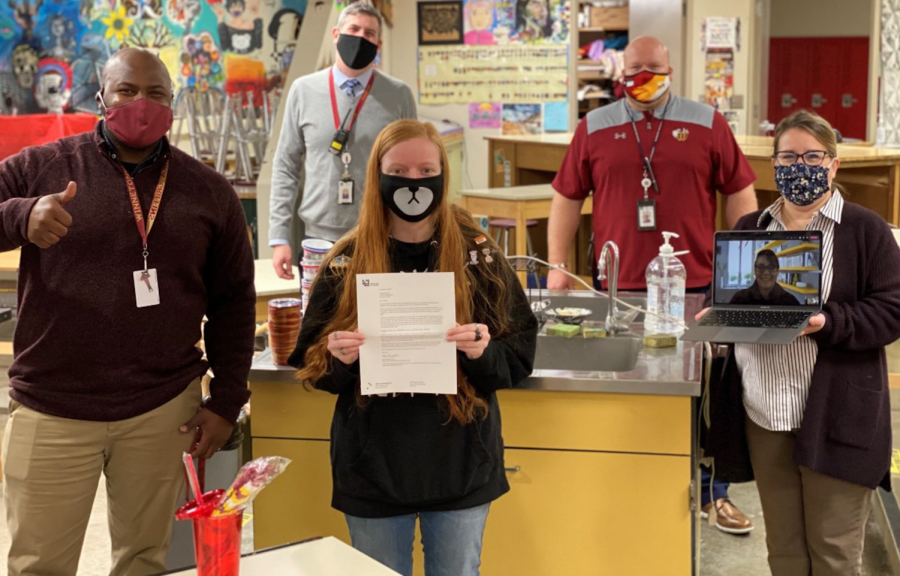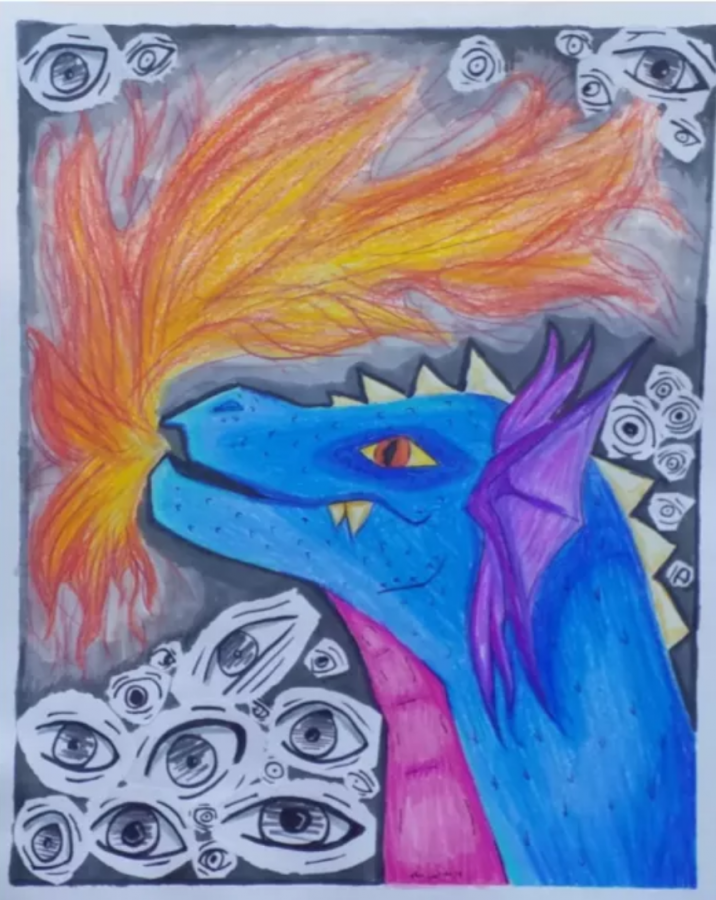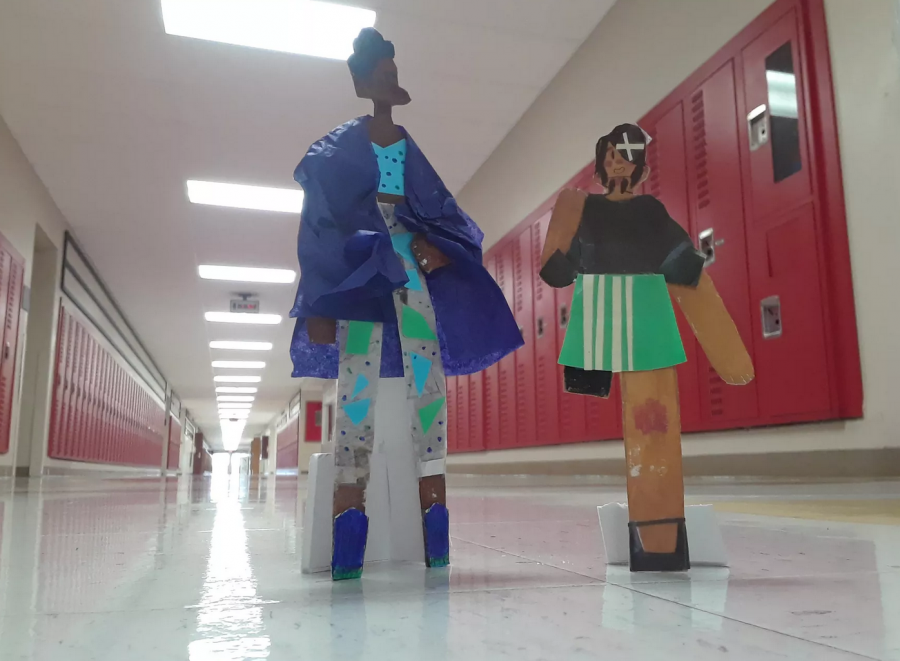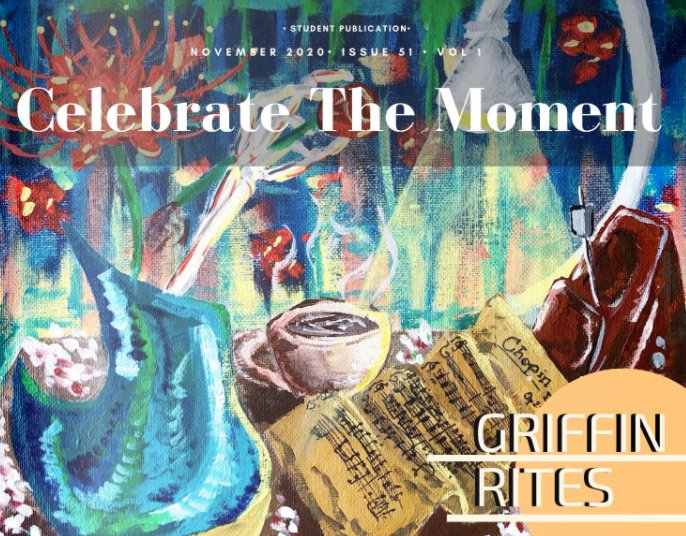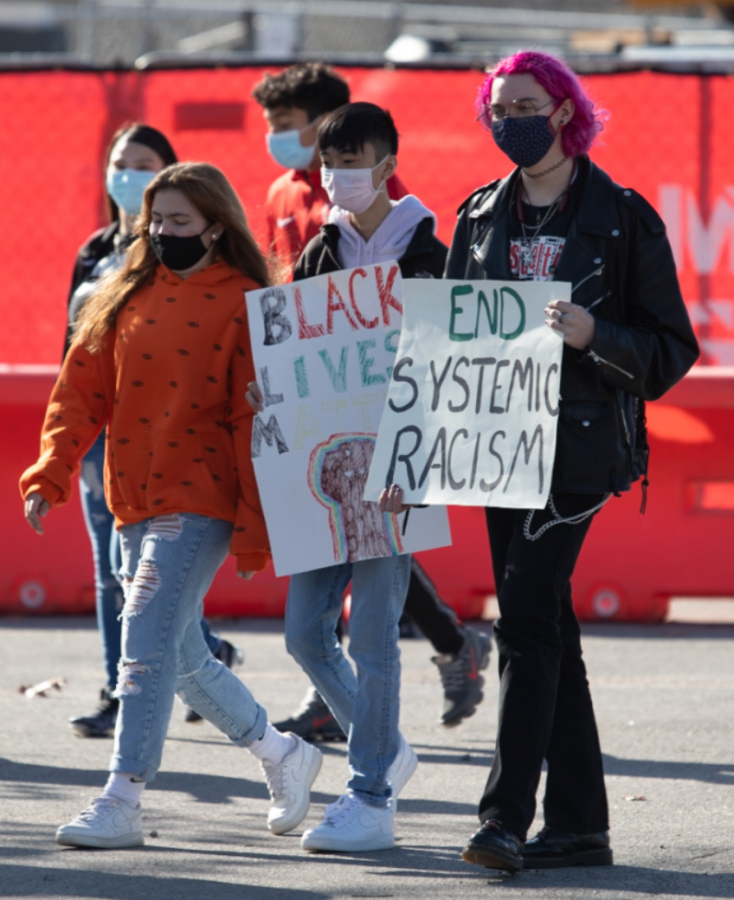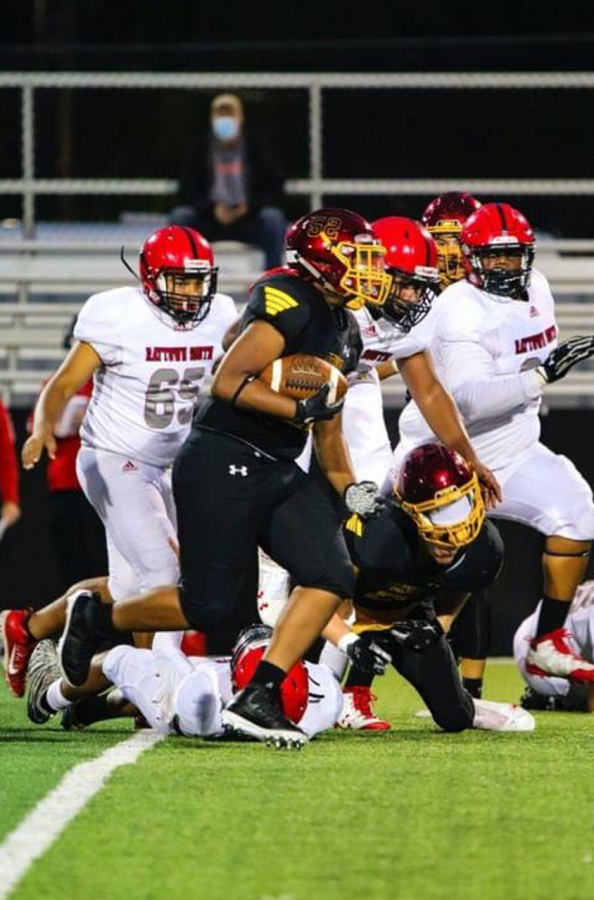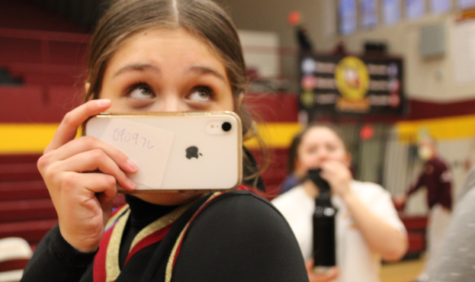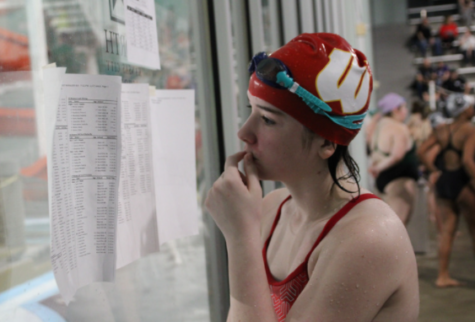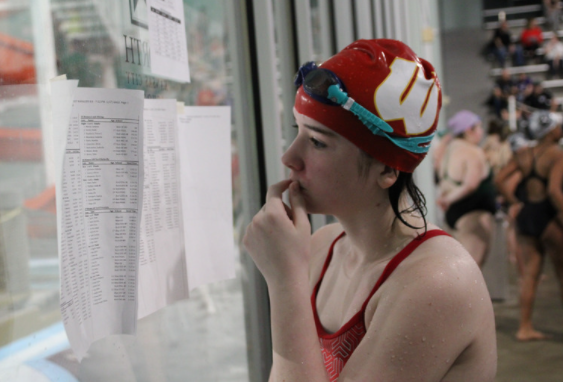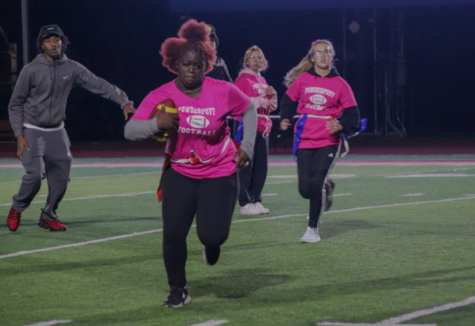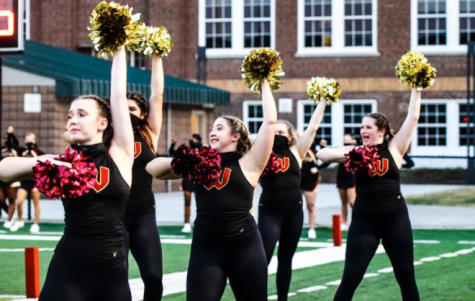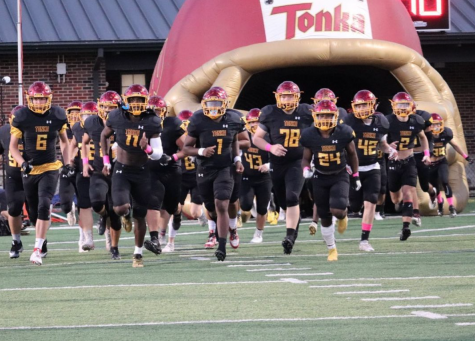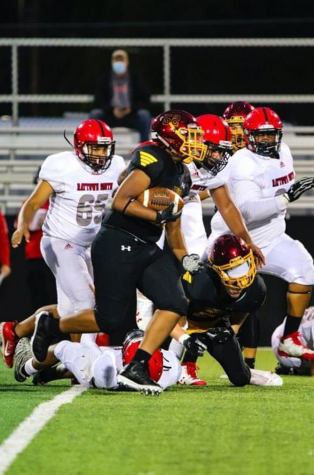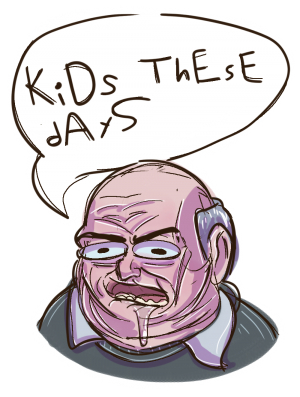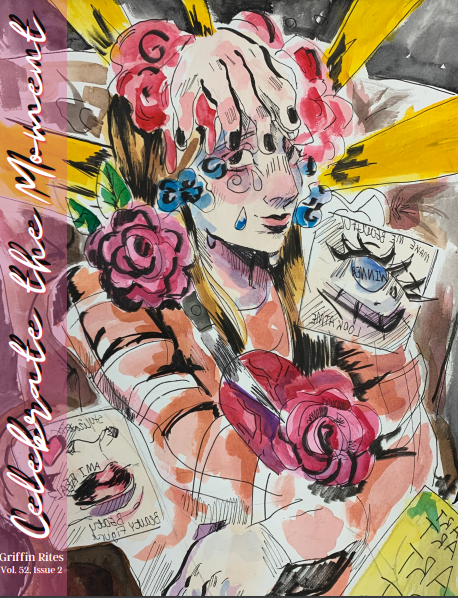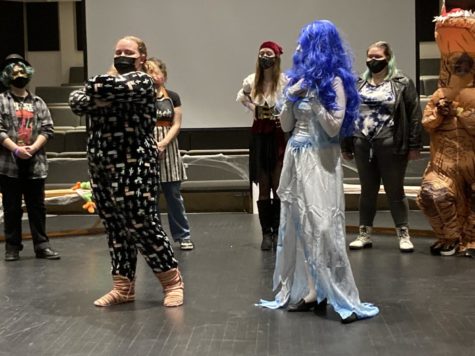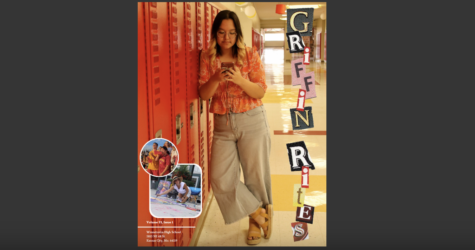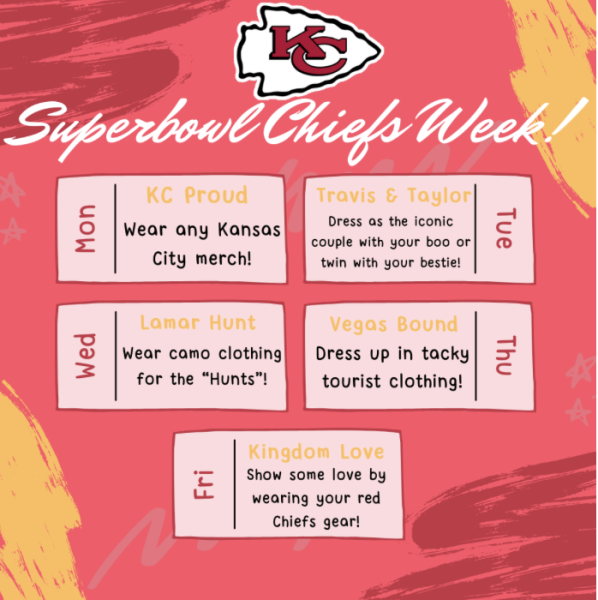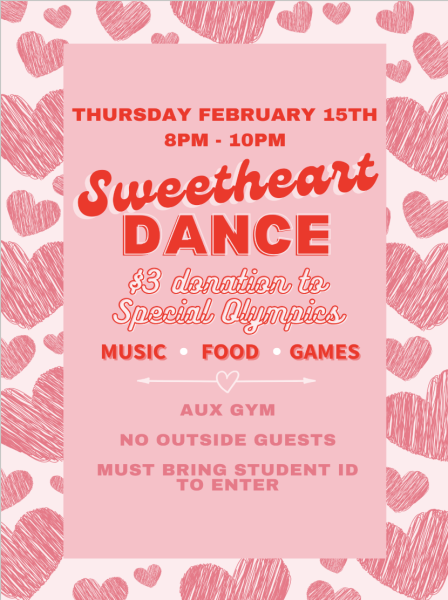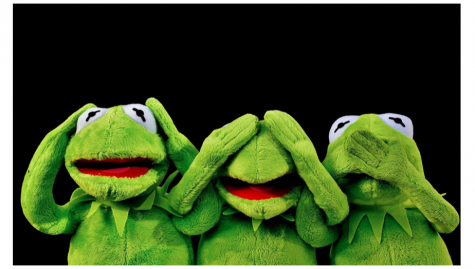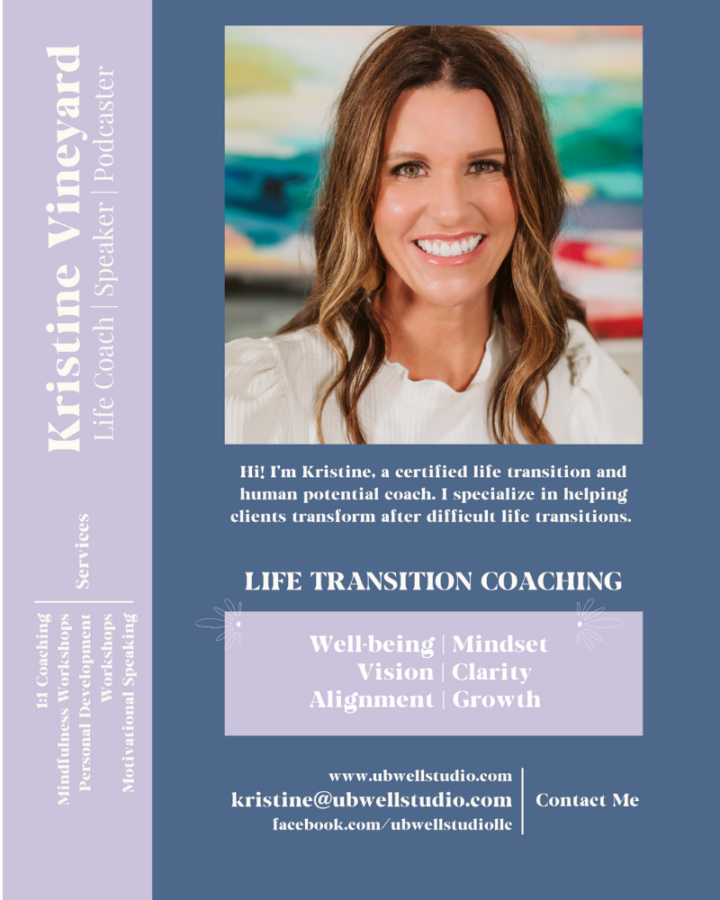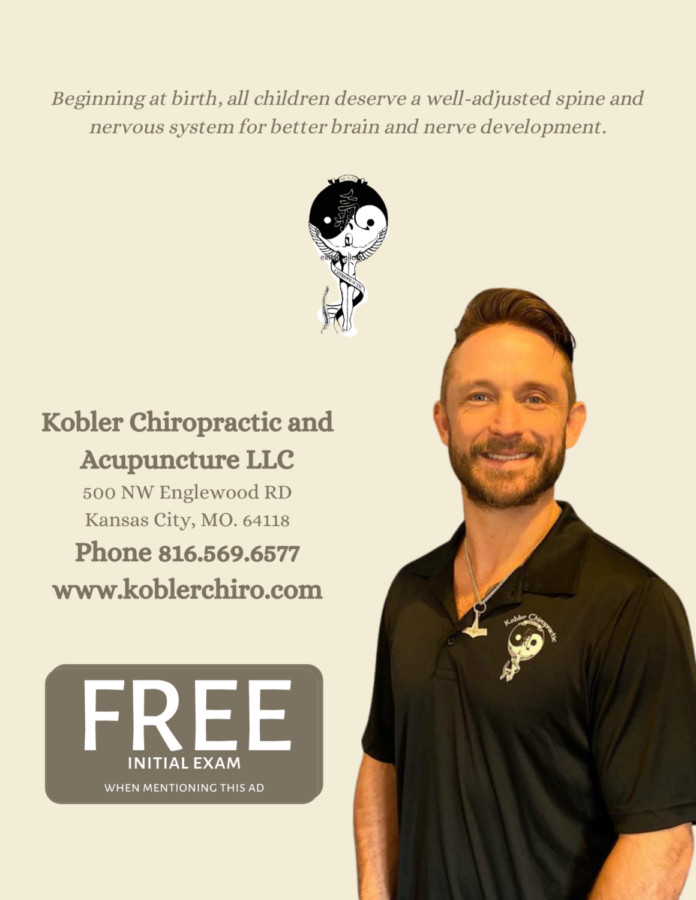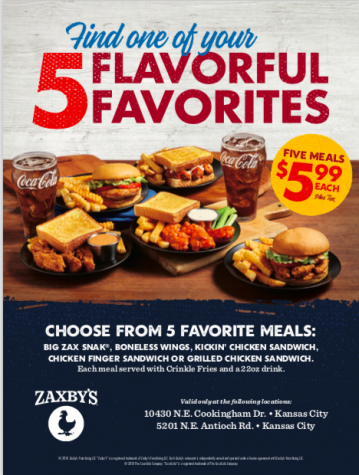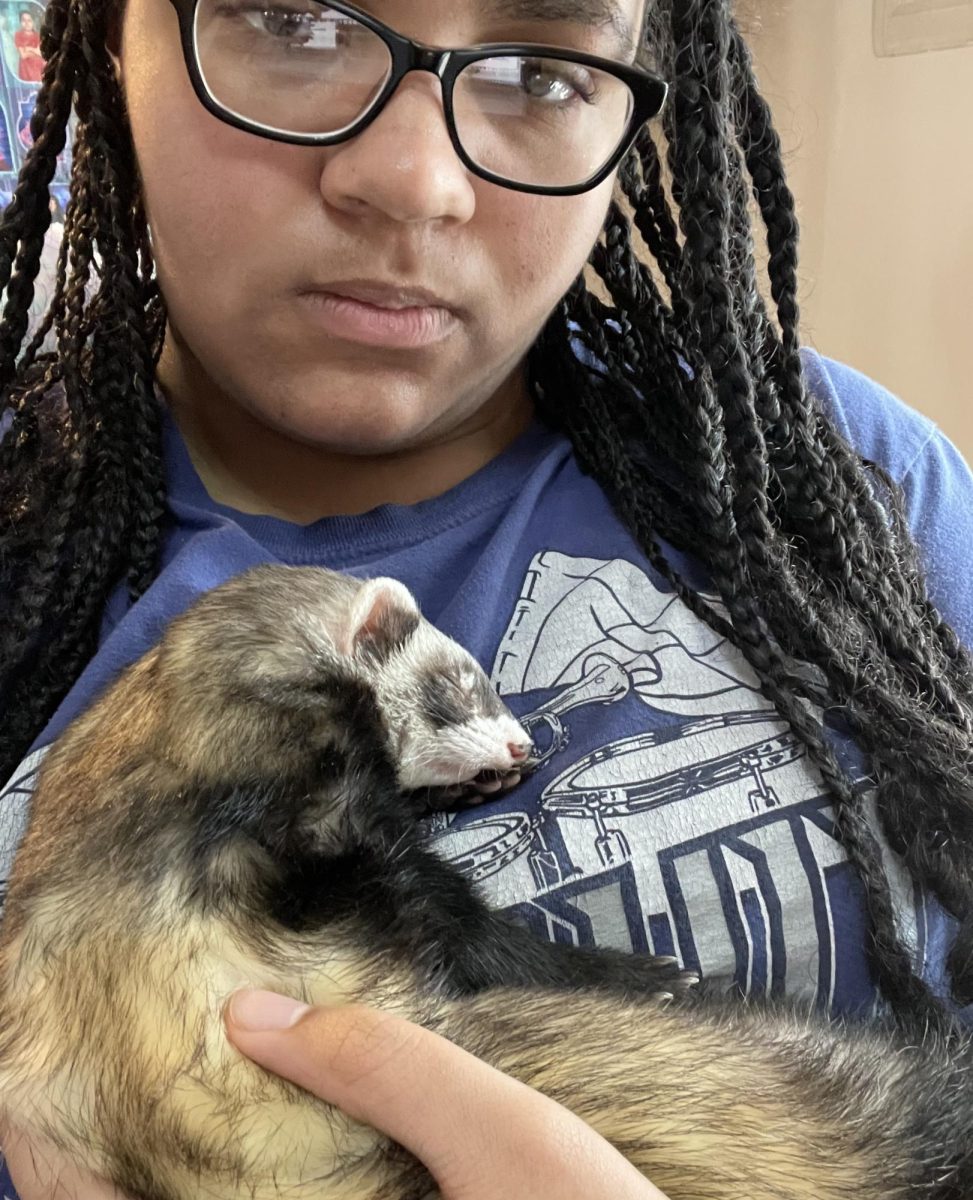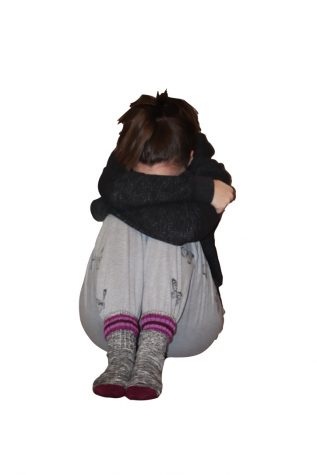The Word “FAT” by Josyln Hougham
January 13, 2021
The word fat has been weaponized by people of all ages for hundreds of years, and the effects of being called names is damaging for people of any age. Now that people are starting trends such as “#bodypositivity ” it is clear that the media has a big role to play in the continuous battle people are fighting every single day. Lizzo, the big body queen known for empowering big people and little people alike is proof that no matter how much effort you put into making other people feel good you still aren ’t safe from the pressure the media puts on people to “ get skinny ” no matter how healthy you are on the inside. Lizzo is vegan, and she does work out, from her home gym to getting out there and dancing and singing for hours on stage in front of thousands of people but despite everything she does to prove she is healthy, ruthless things are said to her such as calling her “ pig ” and to “kill herself” . In March of 1954 Life magazine featured an article titled “The Plague of the Overweight” . After that article, the media boomed with fad diets and shady ways to lose weight because the culture in the media portrayed what society liked, and at that time it was skinny women. The current parental generation was raised by Baby Boomers and Gen X, and the media took off around the time these people became parents, so the ability to use media to bash parents for lifestyle choices they were making for their children and for themselves was fueled by doctors and nurses as well as other parents during the most developmental times in babies and young children. This caused many parents to accidentally promote eating disorders and mental illnesses attributed to food struggles not only for their children but for themselves as well. As children, the current parental generation had access to multi-media. Between the beginning of CD’ s, to the ability to record music onto cassette players, and even the access to colored television in their homes on a daily basis. Children all across the world are subject to societies beauty standards from such a young age due to the fact that those standards are engrained in everyday life. From doing your hair for school, to wearing a certain pair of shoes because they are what’ s “in ” makes it almost impossible to escape the everlasting pressure students face every single day, their appearance. When did the word “fat” even become an insult, and why does it have such an association with the media? Fat, defined as “having too much flabby tissue; corpulent; obese ” is used as a noun and adjective. Fat is found in Old English from a verb meaning “to cram, load, adorn ” but surprisingly, in the 1300s fat was used to describe land that was “fertile ” or “ abundant” .
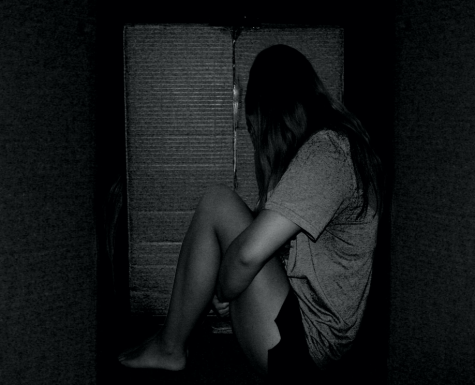
During the 1600s it could be used to describe someone that was “ wealthy ” or in other words “ well off” in terms of lifestyle and wealth. It wasn ’t until the 1940s when the terms “fat head” and “fatso ” came to describe people that were “foolish and fat” . By the mid 40’ s-50’ s, thinness was the beauty standard, and everyone outside the standard was deemed ugly and unlovable. The radio, news, magazines, and ads played a huge role in their life and suddenly they were around media everywhere. This caused the beauty standards to be in front of their faces before they could even comprehend what “beauty ” was. Now, my generation is being projected upon by our parents untreated disorder of eating because most of them believe they are just trying to protect us. In my opinion, this heightens the possibility for childhood obesity as well as disordered eating because we are taught from the very beginning of our lives that we should not enjoy food, which causes some children to hide and store food, as well as feel ashamed of their natural bodies at a very young age. When I was 8 years old, I weighed about 100 pounds. My parents decided to put me on a diet in order to “fix it before it became a problem ” , what they failed to realize is what I needed was support from my parents to promote intuitive eating, not monitor what I ordered for lunch and control what I ate for dinner. And to be fair, they really were just trying to help me, but an 8-year-old shouldn ’t have to worry about what their body looks like, or why they have to eat one thing and drink another when their siblings could eat and drink whatever their body craved. Did have a problem, but the way I was treated for my size wasn ’t 100% attributed to my health. I felt like an embarrassment, I felt ashamed of my little 8-year-old body, and when I watched television or went online, the realization that I didn ’t look like the “ pretty ” women, or even other 8-year-olds set in very quickly. I was called “fat” before I even knew what that world meant, and I felt lost for a really long time. It is clear to me that childhood obesity is an issue, it effects around 13.7 million children and adolescents in America every year, but the way we deal with childhood obesity is completely wrong. In fact, health professionals have concluded that there are multiple issues associated with obesity. One of those issues is not physical, but in fact emotional and mental. Some people just need support and guidance to create good eating habits and body acceptance, and don ’t get me wrong the impact of health on your childhood is very serious, because if health issues arise later in your life. There are some health aspects that are 19 irreversible and could shorten the longevity and quality of your life, but even healthy people are judged and subjected to harassment based on how they look, especially if they don ’t fit the standardized beauty that people all around the world are chasing to find. “ skinny ” doesn ’t equal health. “fat” doesn ’t equal the opposite. The health and wellness of your body is so much more important than your appearance and what others perceive your health as. Most “fat” people will agree that going to the doctor has always been an everlasting punishment because of the fate they put to your name. “Oh you have a cough, hm, must be your fatness ” “Broken wrist, yep, it’ s the fatness ” , no matter what it was, it could always be attributed to a little junk in the trunk because fat people don ’t get sick or break bones like normal people, right? There are so many moments in which we dread getting out of bed and looking at ourselves in the mirror only to see the husk of who you are and what your life means. You are more than the number on the scale, you are more than “ eat a salad” or “ work out” , and you are way more then “fat” . A lot of people are always so worried about the “fat agenda ” and “ promoting obesity ” don ’t you know that we are just trying to find a way to love the body we ’ ve been trained to hate?





